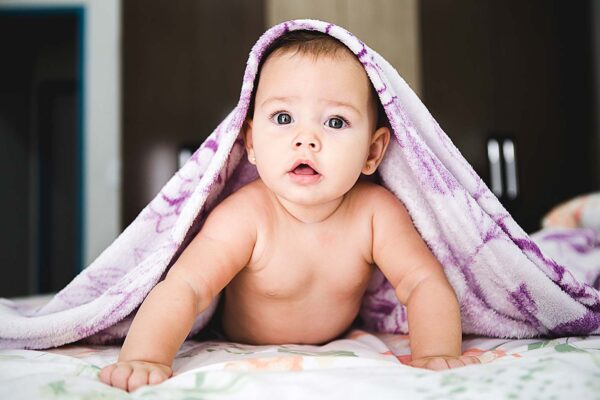Many parents of young children struggle with sleep deprivation, often turning to experts for advice on how to breastfeed, give their child the best start in life, or find time to be active. However, an expert panel of sleep experts has recently released new pediatric sleep recommendations that provide some much-needed guidance.
Introduction
The American Academy of Pediatrics (AAP) has released updated sleep recommendations for infants and toddlers. The new guidelines recommend that infants aged 1-2 months should sleep no more than 12 hours per day, 3-4 months should sleep between 12 and 14 hours per day, and 5-6 months should sleep between 14 and 16 hours per day. Infants aged 7-12 months should sleep between 11 and 13 hours per day, and those aged 1-3 years old should sleep between 10 and 12 hours per day. The AAP also recommends that toddlers aged 3-5 should not nap during the daytime but take a one-hour break every two hours of awake time.
The main goal of these new recommendations is to help ensure that infants get the amount of sleep they need to be healthy and developmentally on track. Many experts believe insufficient sleep can lead to obesity, diabetes, ADHD, and other learning disabilities. While there are many different infant beds on the market today, the AAP still recommends using a crib or bassinet instead of a separate bed for infants. In addition, parents are encouraged to put their children in bed at the same time each.
The AAP’s previous recommendations
The American Academy of Pediatrics (AAP) has released new sleep recommendations for infants and children. The AAP now recommends that infants sleep from 6 to 12 months and then from 13 to 18 months. Infants up to one-year-old should also nap for two hours each day. Children 1-3 years old need between 11 and 14 hours of sleep a day, and those 4-7 years old need 10-12 hours.
The AAP’s previous recommendations were based on insufficient evidence. Now that more research is available, the AAP has updated its recommendations based on what is known about infant sleep and how it affects health. The AAP believes that infants with the right amount of sleep have better health outcomes, including increased IQ scores, decreased obesity rates, and improved emotional well-being.
Parents can help their babies get the right amount of sleep by following the AAP’s guidelines. They should ensure that their babies are sleeping in a crib or bassinet that is comfortable and safe, placing their baby in a room with minimal noise and light exposure, and breastfeeding if possible.
How the new recommendations compare to the older recommendations
The American Academy of Pediatrics (AAP) has released new sleep recommendations for infants and toddlers. The old recommendations from the AAP’s Policy Statement on Sleep were based on studies from the 1990s and early 2000s. The new recommendations focus on better understanding the nature of sleep, how it is regulated, and how best to help babies and children get the most restorative sleep possible.
One of the key changes in the new recommendations is that infants should not be put to bed awake. Instead, they should be allowed to fall asleep naturally, with minimal stimulation. This means that parents shouldn’t read or talk to their infants until they sound asleep. However, parents should continue breastfeeding until the baby is at least six months old.
The other big change in the recommendations is that babies should no longer sleep in cribs or playpens. Instead, they should sleep in a room with a firm mattress and a door that can be closed so the baby can’t wander out of the room. Infants sleeping in their rooms should have access to a crib if needed, but it should only be used for naps and emergencies.
Overall, the new recommendations emphasize promoting natural sleep patterns for infants and
Summary
The American Academy of Pediatrics has updated its sleep recommendations for infants, encouraging parents to get their babies to bed by midnight and up for a daytime nap by 2 or 3 p.m. The academy also recommends that babies sleep in a crib or bassinet instead of a bed and that parents avoid screens in the bedroom.




